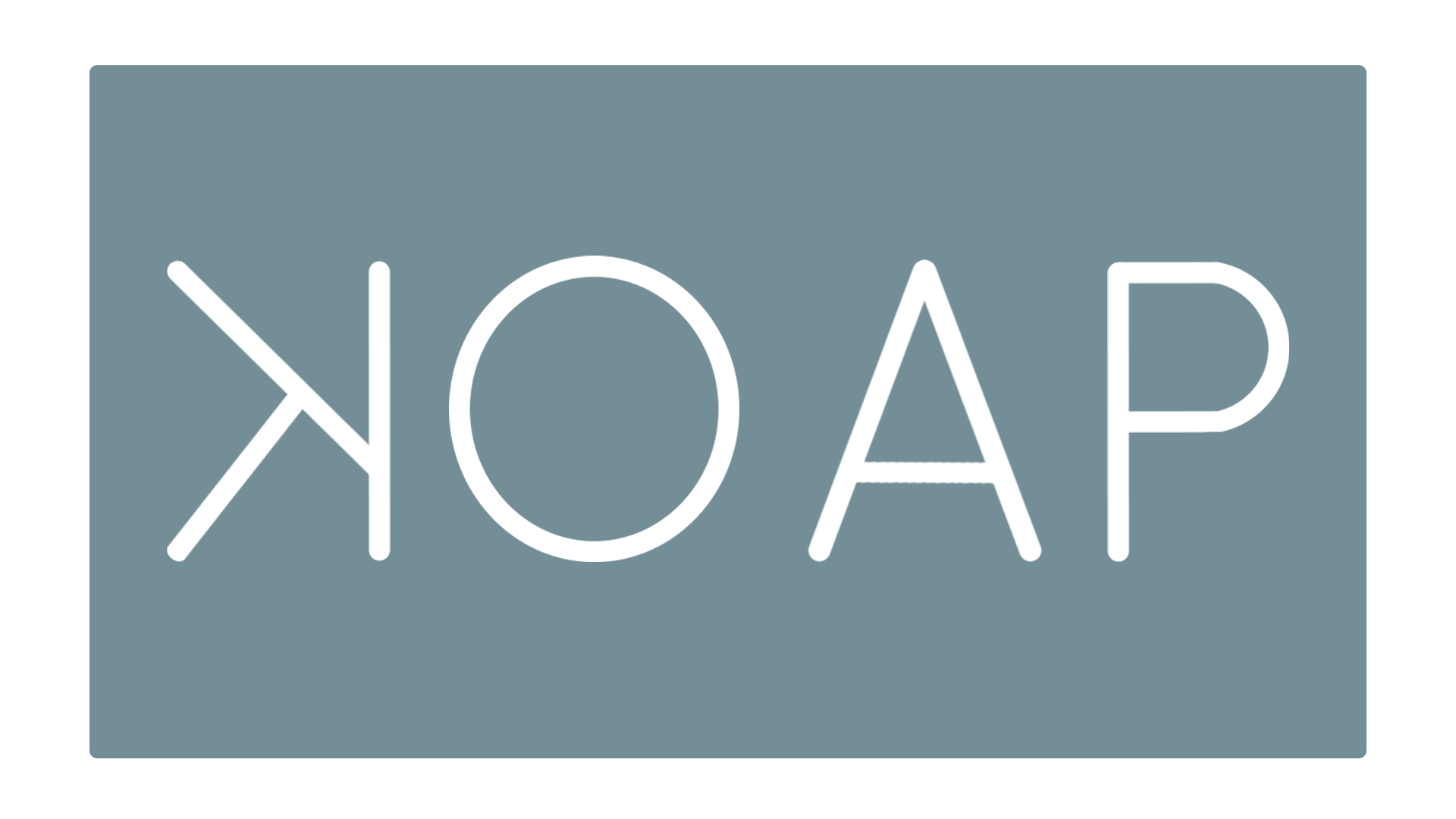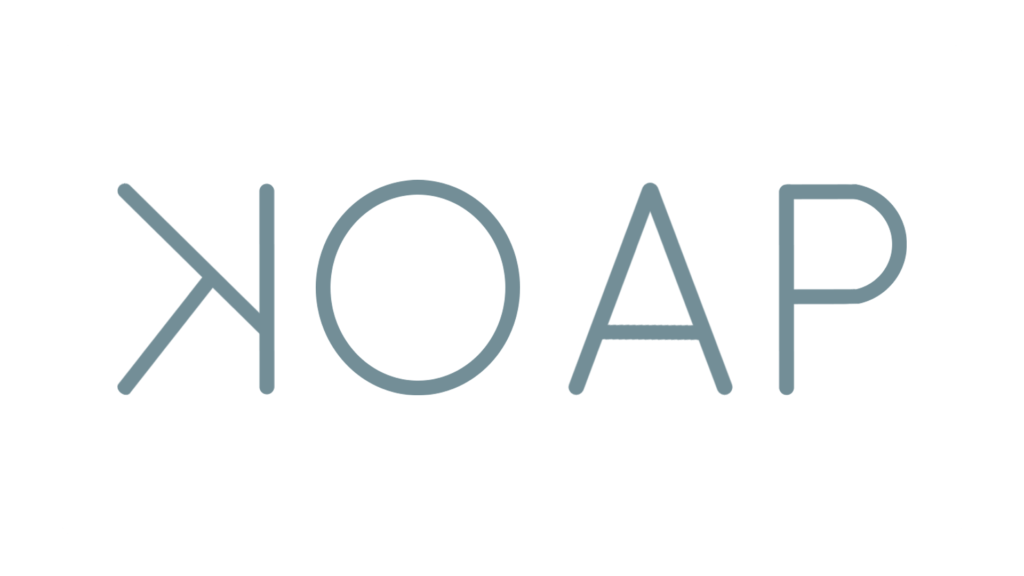We have all heard about work-life balance in books, workshops, and even casual chats over coffee. Yet, for many of us, it feels like chasing a mirage, always in sight but never quite within reach.
The idea of work-life balance suggests that we can perfectly split our time between work and personal life. But life isn’t that simple. Balance isn’t a fixed state; it’s a constantly changing process that depends on where we are in life and what’s important to us at any given moment. It’s not just about time management but about aligning our priorities with what we need and want right now.
Life Stages and Changing Priorities
Think about the different phases of life. A fresh graduate might be all about building a career and working long hours to set a solid foundation. A parent with young kids might focus more on family time, seeking flexible work hours to be present at home. And someone nearing retirement might be more interested in hobbies or travel.
These changing priorities are normal and necessary. Erik Erikson’s stages of psychosocial development show how our focus shifts as we age. For example, young adults often prioritise relationships, while those in middle adulthood focus on productivity and contributing to society.
The Feeling of Control
Feeling in control of our lives is a massive part of feeling balanced. Positive psychology tells us that having control over what we do significantly boosts our well-being. When we do things we love, we feel autonomous and motivated, which makes us happier.
Conversely, when we feel forced to do things out of necessity or obligation, we experience cognitive dissonance—a fancy term for the stress that comes from holding conflicting thoughts. According to Leon Festinger, this discomfort pushes us to either change our behaviour or our attitudes to feel better.
Doing What You Love vs. Doing What You Have To
True balance comes from minimising cognitive dissonance by aligning our actions with our values and passions. For instance, if you love your job and find it meaningful, you’ll likely feel more balanced, even if you work long hours. But if you’re stuck in a job you hate, you’ll feel stressed and out of balance, no matter how much personal time you have.
Take the example of a corporate lawyer who entered the field for financial reasons but finds no joy in the work. Over time, burnout and dissatisfaction set in. Compare this to a lawyer passionate about social justice working for a non-profit. Despite a demanding schedule, this lawyer feels energised and fulfilled. The difference isn’t in the hours worked but in how well the work aligns with personal values and passions.
Finding Your Ikigai
This brings us to the concept of ikigai, a Japanese term that means “a reason for being.” Your ikigai lies at the intersection of what you love, what you’re good at, what the world needs, and what you can be paid for. Finding your ikigai is about discovering what makes life worth living and integrating it into your daily routine. When you align your work with your ikigai, you achieve a deeper sense of satisfaction and purpose, leading to a more balanced and fulfilling life.
What Really Matters
Achieving a sense of balance requires understanding what’s truly important to us at various times in our lives. This means regularly reflecting on and reassessing our goals and priorities. Positive psychology emphasises living a life that aligns with our values to achieve a state of flourishing and fulfilment.
For example, a working parent might prioritise attending their child’s school events over working late, finding greater satisfaction and emotional balance in those moments of connection.
Conclusion
The myth of work-life balance comes from thinking of balance as a fixed state. In reality, it’s a fluid and personal concept that changes with our life stages, priorities, and emotional needs. By understanding the importance of control, setting our priorities straight, minimising cognitive dissonance, and finding our ikigai, we can navigate our work and personal lives more smoothly. It’s not about equally dividing time between work and life but about doing what we love and feeling in control, leading to a more fulfilling and balanced life.
I discovered my ikigai nearly thirty years ago when I began my current journey. I wake up early every morning and work long hours, but because I love what I do and who I share my time with, I have found the balance I need—and you can, too.
References:
– Erikson, E. H. (1950). Childhood and Society. New York: W. W. Norton & Company.
– Festinger, L. (1957). A Theory of Cognitive Dissonance. Stanford, CA: Stanford University Press.
– Ryan, R. M., & Deci, E. L. (2000). Self-determination theory and the facilitation of intrinsic motivation, social development, and well-being. American Psychologist, 55(1), 68-78.
– Seligman, M. E. P. (2011). Flourish: A Visionary New Understanding of Happiness and Well-being. New York: Free Press.


